EU’s renewed focus on Türkiye’s strategic importance
- Update Time : Sunday, February 23, 2025
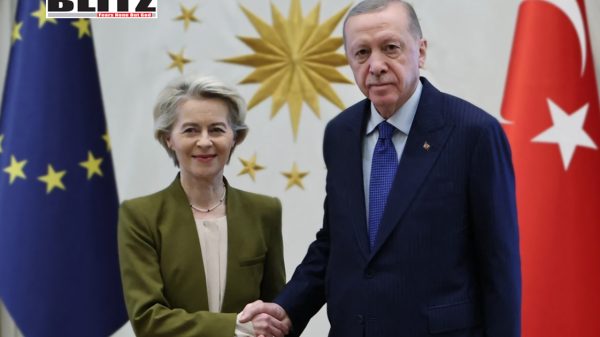
The European Union (EU) is increasingly recognizing Türkiye’s strategic importance in maintaining regional security. Historically, relations between Türkiye and the EU have fluctuated due to shifting geopolitical landscapes, from the end of the Cold War to the ongoing Syrian crisis. Yet, current challenges-particularly the war in Ukraine and tensions in the Middle East-have underscored Türkiye’s critical role. Recent diplomatic engagements, such as the meeting between EU Commissioner for Enlargement Marta Kos and Turkish Foreign Minister Hakan Fidan at the Munich Security Conference, signal a renewed interest in strengthening ties. This article explores the factors driving this rapprochement and its potential implications.
At the heart of this renewed interest lies Europe’s growing security vulnerability. Russia’s continued military aggression in Ukraine poses the most immediate threat, while instability in Syria and Gaza adds to Europe’s regional concerns. Additionally, there is increasing skepticism within the EU regarding Washington’s long-term commitment to European security, particularly as US foreign policy priorities shift. This uncertainty has compelled the EU to reassess its defense strategy, with Türkiye emerging as a key player due to its NATO membership and the alliance’s second-largest military force.
Türkiye’s geographic position as a bridge between Europe, the Middle East, and the Black Sea region further enhances its strategic value. Historically, as Field Marshal Sir William Slim noted, Türkiye is uniquely positioned as both a European and Middle Eastern nation. This dual identity allows Türkiye to influence regional dynamics where European and Russian interests often clash. Consequently, the EU views closer cooperation with Türkiye as essential for strengthening its southeastern flank and bolstering its defense capabilities.
Despite its strategic importance, Türkiye’s path to EU membership has been fraught with obstacles. After applying for EU membership in 1987, accession talks began in 2005 but have since stalled due to political and human rights concerns within Türkiye, as well as opposition from some EU member states. For much of the past decade, Türkiye has been viewed more as a rival than a partner, particularly during disputes over energy resources in the Eastern Mediterranean.
However, recent developments suggest a shift in this dynamic. Improved relations between Türkiye and Greece have contributed to a de-escalation of tensions in the Eastern Mediterranean, creating a more conducive environment for cooperation. Furthermore, Türkiye’s consistent support for Ukraine’s security-despite refraining from joining Western sanctions against Russia-has demonstrated its commitment to regional stability. These factors, coupled with Europe’s growing security needs, have prompted a reevaluation of Türkiye’s role within the EU’s strategic framework.
Security cooperation is at the core of this renewed partnership. Given the EU’s reliance on NATO for collective defense, Türkiye’s military capabilities are indispensable, particularly in the context of deterring Russian aggression. Moreover, Türkiye plays a crucial role in managing migration flows from conflict zones in the Middle East and North Africa, helping to prevent large-scale migration crises that could destabilize Europe. The 2016 EU-Türkiye migration deal, which aimed to curb the flow of refugees into Europe, underscored Türkiye’s leverage in this area. Any future cooperation will likely include provisions for migration management, ensuring that Türkiye continues to act as a buffer zone for Europe.
Aware of its strengthened bargaining position, Türkiye is likely to use this opportunity to advance its own interests. Turkish Foreign Minister Hakan Fidan’s statement that “the EU could become a more influential power in the region with Türkiye’s participation” highlights Ankara’s expectation of tangible benefits in exchange for closer cooperation. Chief among these is the revival of Türkiye’s EU accession process, which has long been a source of frustration for both the Turkish government and its citizens.
However, Türkiye is unlikely to settle for vague promises. Decades of delays and perceived double standards have eroded public support for EU membership, and Ankara will demand concrete steps toward integration. This includes addressing issues such as visa liberalization for Turkish citizens, updating the EU-Türkiye Customs Union to enhance trade relations, and providing financial support for managing the refugee population within Türkiye. Moreover, Türkiye will seek assurances that its security concerns-particularly regarding Kurdish militant groups-are acknowledged and addressed by the EU.
Despite the potential benefits, several challenges could hinder closer cooperation between Türkiye and the EU. Foremost among these is the lack of a unified stance within the EU regarding Türkiye’s role. Member states such as Greece and France have previously opposed deeper ties with Türkiye, citing disputes over territorial waters and human rights issues. This internal division could complicate efforts to integrate Türkiye into the EU’s security framework.
Additionally, political developments within Türkiye itself could impact the relationship. Concerns over democratic backsliding, restrictions on freedom of expression, and the erosion of judicial independence have strained relations with the EU. Unless Türkiye addresses these issues, progress on its EU membership bid may remain elusive.
To capitalize on this opportunity, both sides must align their strategic interests and address longstanding grievances. For the EU, this means adopting a more pragmatic approach that acknowledges Türkiye’s strategic importance while encouraging democratic reforms. Concrete incentives, such as accelerating visa liberalization and expanding economic cooperation, could help rebuild trust and foster a more collaborative relationship.
For Türkiye, closer cooperation with the EU offers numerous benefits, including enhanced security, economic growth, and increased global influence. However, Ankara must also demonstrate a genuine commitment to upholding democratic values and respecting human rights, which are fundamental principles of the EU. Balancing these interests will be essential to forging a sustainable partnership that benefits both sides.
The EU’s renewed focus on Türkiye reflects the shifting geopolitical landscape and the need for stronger regional partnerships. With Russia posing an immediate threat and uncertainty surrounding US foreign policy, Europe can no longer afford to overlook Türkiye’s strategic importance. While challenges remain, the current convergence of interests presents a rare opportunity to reset Turkish-EU relations. By aligning their strategic objectives and addressing mutual concerns, both sides can build a partnership that enhances regional security, strengthens economic ties, and paves the way for a more stable and prosperous future.


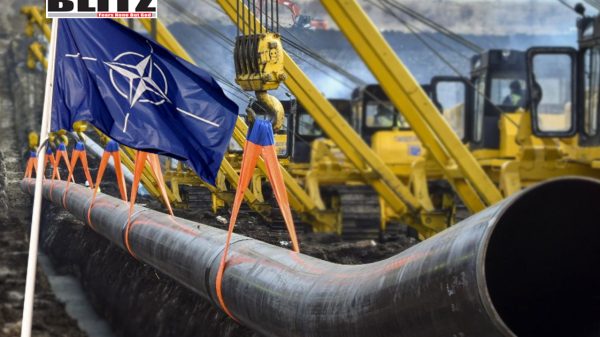

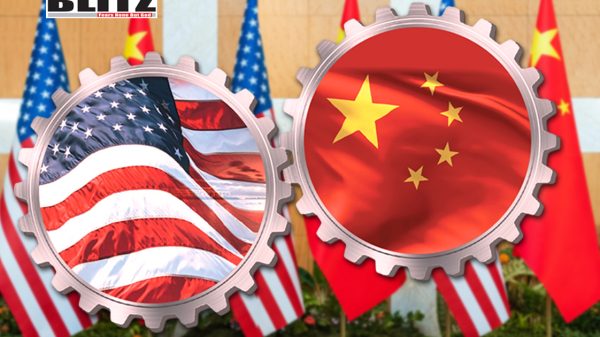
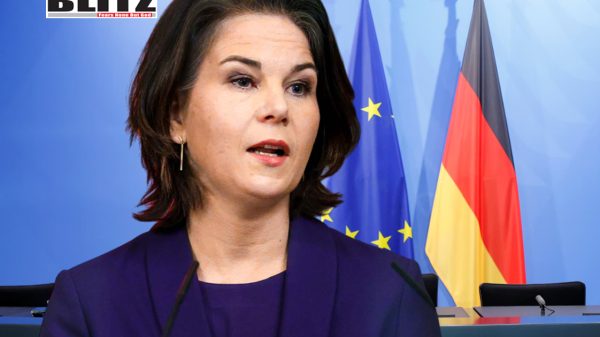





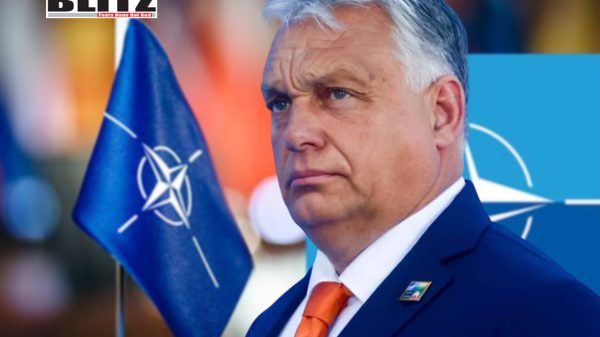




Leave a Reply